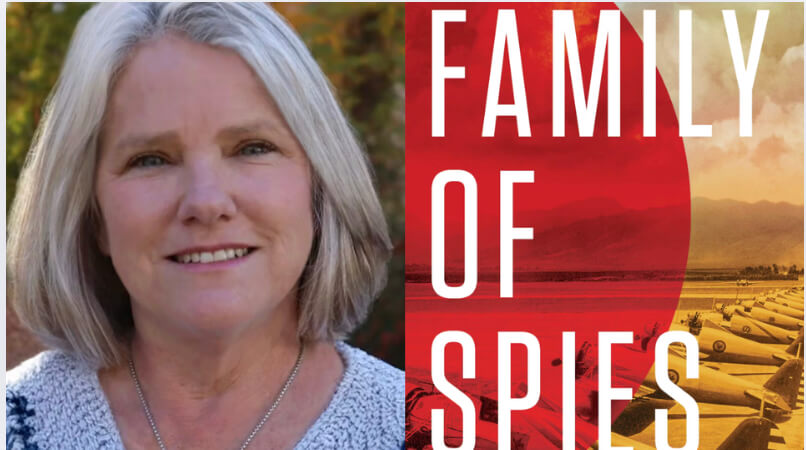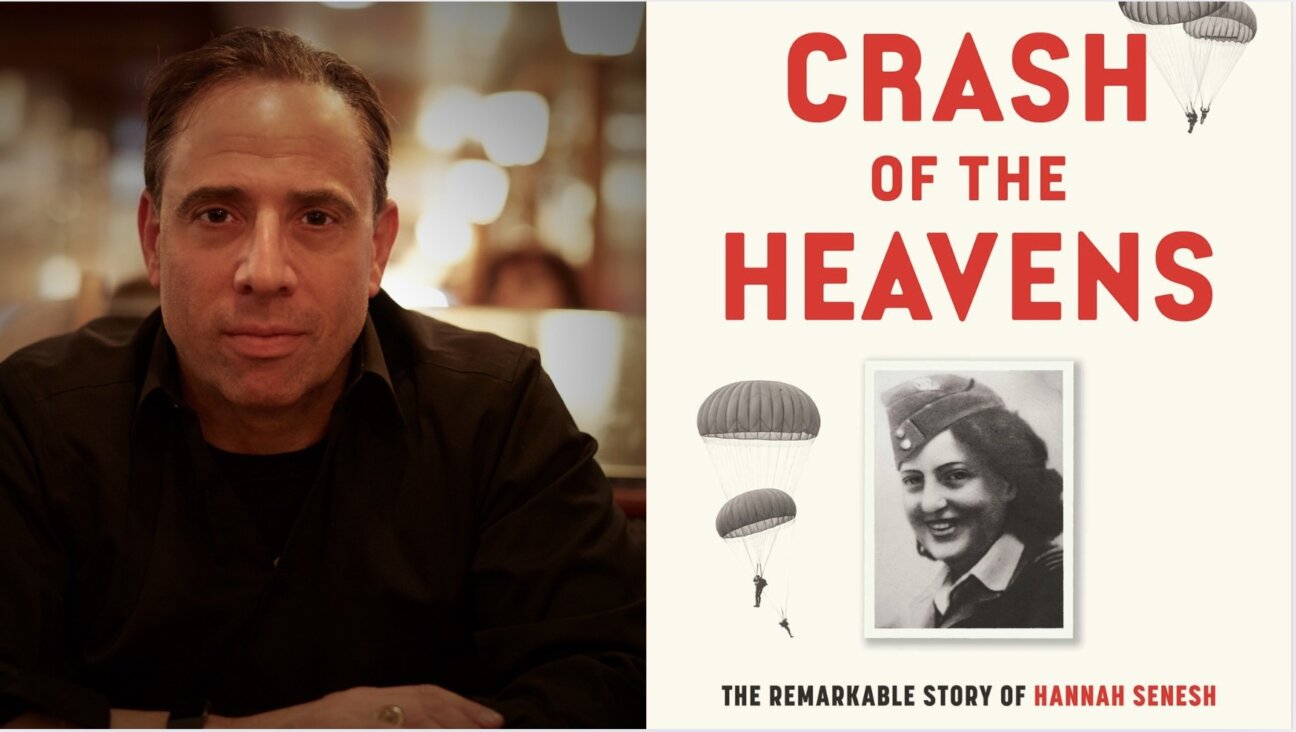Praying Outdoors

Graphic by Angelie Zaslavsky
Earlier this week, Stuart Nadler blogged for the Jewish Book Council and My Jewish Learning‘s Author Blog about casting off one’s sins and the stories that didn’t make it. His posts are being featured this week on The Arty Semite courtesy of the Jewish Book Council and My Jewish Learning’s Author Blog Series. For more information on the series, please visit:
They were small, felt, ringed in blue. We wore them to meals, to all of them, and of course, to services on Fridays and Saturdays. You were given two at the start. If you lost them, they were a few dollars to replace. Of course, they were yarmulkes, even though we never called them that, choosing, instead, to call them beanies. To have called them yarmulkes, I suppose, would have been to place them in a more strict religious context, that, as boys, we may have shirked from. Or found uncool. It’s hard to remember now. This was my summer camp near Cape Cod, a tiny, wooded outpost flanked by a fresh water lake, a dozen creaky, wooden bunks.
Even as a young kid, I recognized the chapel as something beautiful. To get there you had to walk along the water. There was a fence that separated the field from the lake. We’d go in what was supposed to be our best clothing. But we were young, and we were boys, and inevitably, we were filthy. I remember having to go down a slope, although this might be inaccurate. It’s been 15 years since I was there last, and the photographs I’ve found on the web don’t do justice to my memories. There were three sections of benches arranged in a half-circle. Plain wooden benches like the sort you’d see at a softball field. And there was a bimah, a makeshift pulpit. Behind this was the water. There were high trees surrounding us, white pine, black gum, red spruce. The chapel, I realize now, was nothing but a landscaped clearing. There was another summer camp along the lake, a YMCA camp. And there were a few houses dotting the shore. One of them had an airplane docked out front, its landing gear retrofitted for the water, and occasionally, during services, if you were lucky, you’d see the pilot take off, or land, and then, a few moments later, you’d see the water lap up against the shore — small, insistent waves.
Most of us were secular, if not entirely unobservant in our usual lives, and these services amounted to the totality of our religious experiences. One summer, a boy had his bar mitzvah there, all of his friends pitching in together to make it happen. I remember this particular service more than the others. These were small gestures: the beanies, the prayers we sung before our meals, the imposed solemnity of our weekly walk to the chapel. I remember worrying that my yarmulke would blow off in the middle of a service, some lake-born gust of wind taking it and spilling it somewhere. This was a fear one doesn’t suffer in synagogue.
Lately I’ve been thinking about that chapel, about how lovely it was to sit out there in the woods, with the birds out overhead, and that airplane dropping slowly onto the water. There was no better place to pray quietly, to find peace, to feel gratitude at the easy beauty we had around us. I find myself wishing I could back there now, even though, I’m fairly sure I’ve long lost those felt beanies. Although I suppose, for a few dollars, I could get another.
Stuart Nadler has been blogging here all week. He is the author of “The Book of Life” and is currently touring as a part of the Jewish Book NETWORK. For more information about booking Stuart, please contact [email protected].
The Jewish Book Council is a not-for-profit organization devoted to the reading, writing and publishing of Jewish literature. For more Jewish literary blog posts, reviews of Jewish books, book club resources, and to learn about awards and conferences, please visit www.jewishbookcouncil.org.
MyJewishLearning.com is the leading transdenominational website of Jewish information and education. Visit My Jewish Learning for thousands of articles on Judaism, Jewish holidays, Jewish history, and more.
















